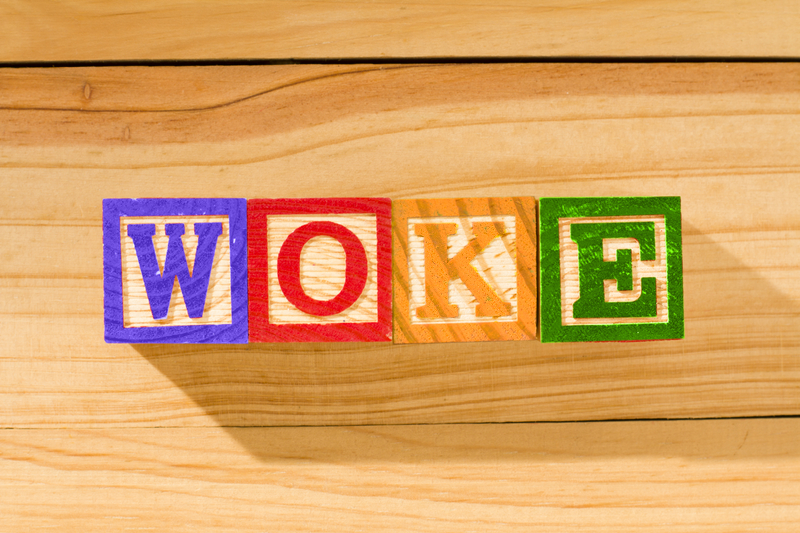
A wave of “Wokeness” has been spreading throughout society. Many media outlets are being pressured to make politically correct modifications to their outputs. One recent change was in Walt Disney World, where Splash Mountain has been replaced because it is based on the film Song of the South. Disneyland’s counterpart followed shortly after. Some claim Song of the South features racist stereotypes, while others claim the movie, in fact, takes place during the Reconstruction Era. Song of the South is not (and probably never will be) available on DVD or Disney + so it is difficult to judge.
Splash Mountain may be due for an upgrade anyway, but that is hardly the limit of this new political correctness. Splash Mountain is located in Frontierland, which is themed to be an old west frontier town. Frontierland is also home to Tom Sawyer Island. Tom Sawyer’s story overlaps with Huckleberry Finn’s story, which has been a magnet for controversy long before anyone heard the term “woke.” There are no Confederate flags to be found in Frontierland, but it is in fact based on a frontier town. Old west frontier towns were not exactly known for their diversity. Could all of Frontierland be in jeopardy?
Many viewers disliked the movie Green Book because it includes certain stereotypes. However, unlike Song of the South, Green Book is accessible. The New York Times criticized Green Book saying “very little that can’t be described as crude, obvious and borderline offensive.” Upon actually watching Green Book, one will discover the movie is actually about overcoming stereotypes and racial barriers. The movie is actually a celebration of mixing cultures and backgrounds. The attacks on Green Book are an example of political correctness going to harmful extremes.
Recently, it was announced that Roald Dahl’s books would be published with certain modifications. A character in Charlie and The Chocolate Factory would no longer be described as “fat.” The Ooompa Loompas are now to be labeled “people” as opposed to “men.” However, a line must be drawn. Roald Dahl’s potential obstacles do not stop at calling people “fat” or sexism towards Ooompa Loompas. Dahl wrote a book entitled “The BFG.” In this book, all giants talk with poor English, in a “bumpkin” style dialect. While no giants will be offended, could some interpret this as a stereotype of unusually tall people? Perhaps some critics will misinterpret this as a mockery of the uneducated? Or some may go so far as to the label Charlie and the Chocolate Factory’s Ooompa Loompas as some sort of stereotype of people who live on islands?
The fact that Green Book was a target, even though it promotes interracial friendships proves nothing is immune to “wokeness.” Gender sensitivity, and sensitivity in general is a virtue, but like any medicine, it can be deadly if overdosed. In Harry Potter (another book which has been a target for controversy multiple times), we are reminded “fear of a name only increases fear of the thing itself.” Green Book was controversial simply because it raised the subject of stereotypes. Fear of mentioning a problem, only increases fear of the problem itself.
















